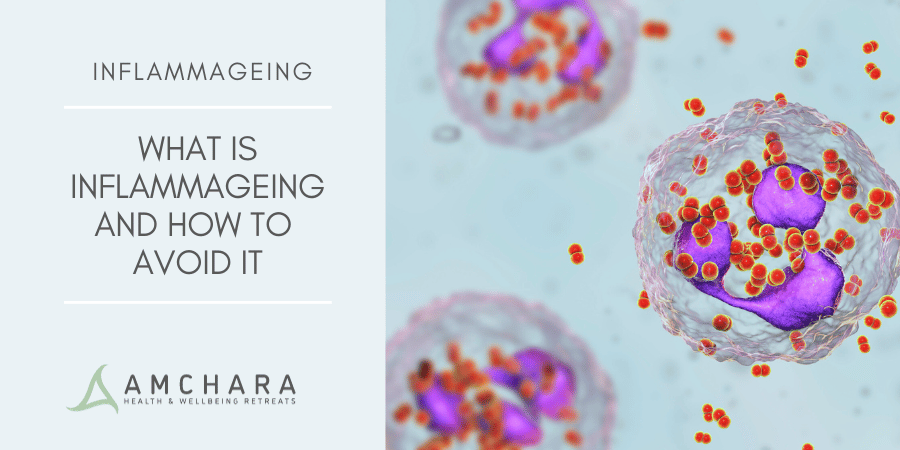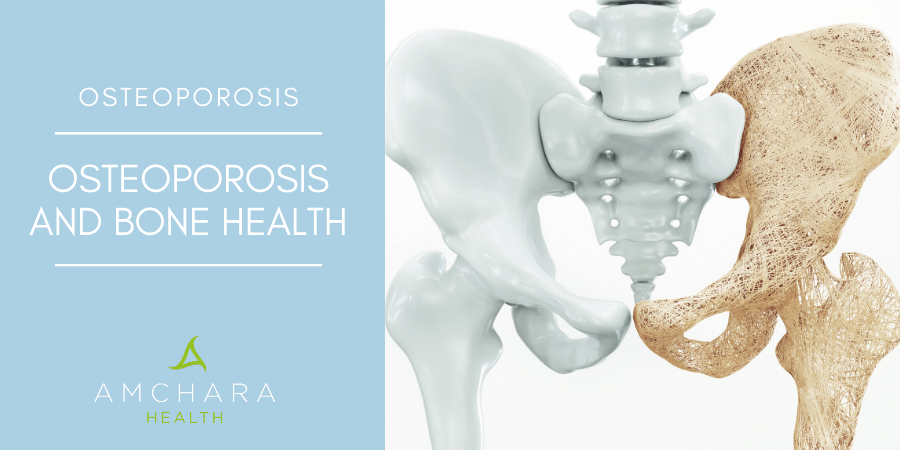In today’s fast paced society the vast majority of people are under considerable daily stress, one of the inevitable consequences of the modern world we inhabit.
Not surprisingly your job may be contributing to your stress levels – according to statistics, stress is one of the highest risks to health in the workplace.
The control mechanisms that your body uses to cope with stress in the short term can be beneficial; we need our bodies to respond to stress in order to protect us from physical and emotional damage.
However, if stress is prolonged, extreme or unusual, these control mechanisms can be overwhelming and possibly harmful.
What is Stress?
Stress is our reaction to our own thoughts and feelings as well as a response to threats from our environment.
Stress can be physical, psychological, environmental, emotional, and infectious or a combination of all of these things.
We often create our own stress through our desire to accomplish certain goals, but overall stress comes about because of continuous high demands imposed upon us by our family, workplace and lifestyle.
Many other factors are stressors on your body:
- Poor diet and lack of exercise
- Stimulants like caffeine and alcohol
- Sugar and white flour products
- Smoking
- Financial pressures
- Toxins
- Lack of relaxation
- Infection, pain & chronic inflammation
- Fear
- Relationship problems
- Unemployment
- Lack of sleep
- Drugs – pharmaceutical and recreational
- Allergies
- Loss of a loved one
- Moving home
Mild stress can be a useful motivational tool, which can increase activity and productivity – many people thrive on this kind of stress.
However, when stress becomes too extreme or too frequent it can result in all kinds of health problems.
The Stress Cycle
Stress in essence is the way your body reacts to dangers, triggering what’s known as a ‘fight or flight’ mechanism which prepares the body to engage in a battle or run from danger.
This response involves a complex series of events both biochemical and hormonal in nature, which is controlled and regulated by your adrenal glands and nervous system.
It is important to understand that your adrenals react to all types of stress in the same way, regardless of the source.
Too much physical, environmental, emotional and psychological stress can deplete your adrenals.
This kind of chronic stress leads to an imbalance in your adrenal function resulting in a common condition known as ‘adrenal fatigue’ where your adrenal glands are no longer able to meet the demands placed upon them.
The adrenals are two small pyramid shaped glands, no bigger than a walnut and weighing less than a grape – that sit on top of your kidneys.
The adrenals have one of the highest rates of blood flow of any tissue and contain the largest amount of vitamin C per gram of all the tissues in the body.
This is a good indication of how much work they do!
Despite their small size they play a vital role in helping your body to respond to stress as well as regulating your immune system and maintaining your energy levels.
These important centrally located glands significantly affect every organ, tissue and gland in your body as well as affecting the way you think and feel.
The stress response is part of a larger response called the ‘general adaptation syndrome’ and occurs in three stages.
Understanding these may help you to identify your adrenal status:
Stage 1: Alarm
Your adrenal glands produce adrenaline, dehydroepiandrosterone (DHEA) and cortisol which work together to facilitate the ‘fight’ or ‘flight’ response.
During this process:
- Sugar stores are released from the liver increasing your blood sugar levels
- Your heart is stimulated to beat faster
- Your blood pressure increases
- Blood flow to the muscles and brain increases bringing additional oxygen required for energy
- Your body also liberates energy from proteins and fats
- Blood clotting factors increase to heal potential wounds or injuries
- Muscle energy increases
- Non-essential functions shut down e.g. digestion and reproduction.
- Sympathetic nervous system is dominant
As a result, more oxygen, sugar and nutrients are available to your muscles and brain keeping you alert and ready for action.
A normal response to short term stress allows your hormone levels to return to normal.
Stage 2: Adaptation / Resistance
This is the stage of prolonged stress and your adrenals are increasingly overworked.
Your body finds it much more difficult to recover while in this stage.
Fight or flight is cancelled while your mind tries to cope with the situation. Your body is less responsive to cortisol so more is needed.
This is produced at the expense of DHEA – a pre-cursor of sex hormones which helps to maintain immunity and balanced energy.
Thus begins an imbalance in your adrenal hormones:
- Adrenals start to tire
- Cortisol increases
- Thyroid activity falls
- Sodium, potassium and magnesium levels drop
- Blood sugar is high, but no muscular activity to use it
- Insulin increases to chase sugar into cells
- The parasympathetic nervous system dominates
- Digestion slows down
- Symptoms of long term stress may start to show: low energy – depression – constipation – low blood sugar – cravings – low thyroid function – poor sleep – menstrual irregularities – poor immunity – sexual dysfunction
Stage 3. Exhaustion
Your adrenals become exhausted and your body is unable to maintain normal blood sugar balance or energy and can’t function efficiently.
In this final stage:
- Your cortisol and DHEA levels are very low.
- Ratio of DHEA to cortisol becomes imbalanced
- Adrenal hormones, sodium, potassium and magnesium production are very low.
- Repair mechanisms slow down
- Parasympathetic system dominates
- Body starts to slow down
- You start to experience symptoms of adrenal fatigue: Depression – Nervousness & irritability – Poor digestive function – Weight gain – Inability to deal with stress -Headaches – Constant fatigue – High blood sugar – Poor concentration & memory – Low alcohol tolerance – Infertility – Reduced immune function
Because of the need to balance blood sugar, insulin and other hormones are also depleted.
Continuing this way will lead to ‘burn out’ and serious ill health.
The two major causes of adrenal exhaustion are depletion of cortisol and DHEA as well as the loss of potassium ions which eventually results in cell death.
Consequences of Chronic Stress
An ever increasing pool of research is identifying the critical role that stress plays in obesity, hypertension, cardiovascular disease, depression, diabetes, osteoporosis, gastric ulcer, infectious disease, cancer, gastrointestinal and neurological disorders.
Furthermore numerous other conditions linked to immune system dysfunction are associated with stress.
The effects of chronic stress on the body varies between individuals and is determined by their genetic make-up, but may also be influenced by environmental factors.
Identifying whether you are suffering from adrenal dysfunction not only allows for early intervention but may ultimately prevent the likelihood of stress related disorders.
Fortunately, lifestyle changes such as regular exercise, relaxation techniques, stress reduction and a healthy diet can all support a normal response to stress.
There are also a number of beneficial herbs termed as ‘adaptogens’ that have been found to help the body respond to stress in a healthier way.
Diagnosing Adrenal Function
Naturopaths and many health practitioners assess adrenal function by the following methods:
Saliva Hormone Testing
- This evaluates adrenal function and fluctuations in circadian rhythm. It checks levels of cortisol and DHEA
- Saliva hormones indicate the amount of hormones inside the cells where reactions take place, compared to blood tests which measure circulating hormones outside of the cells.
- It is simple accurate and reliable and many studies have confirmed its accuracy.
- Saliva tests can also identify whether the adrenal gland is resistant or in a state of collapse
HRV (Heart Rate Variability)
- HRV devices have been in clinical use for decades by cardiologists, psychologists and exercise physiologists.
- It is considered the gold standard for detecting and monitoring an individual’s overall response to damaging lifestyle and environmental stressors
- HRV measures the interval between heartbeats which is an important indicator of both physiological and emotional resilience and flexibility.
- The measurements reflect your capacity for adapting effectively to stress and environmental demands.
Recovery
If you feel that you may be suffering from adrenal fatigue it is critical that you utilise natural approaches to reduce stress and its effects.
Tests can be a very useful tool for helping to diagnose what your adrenal status is.
With rest and appropriate support the adrenals can recover and adrenaline, DHEA and cortisol production will return to normal.
*Naturopaths and nutritional therapists are trained to offer dietary and lifestyle guidance if you feel you are suffering from adrenal fatigue. However it is always advisable to visit your GP as well if you have any concerns.
Read related articles:
- Mindfulness for weight & stress management
- Is Stress Causing Havoc with Your Hormones
- Raw Foods to Help You Beat Stress
- Study shows a meditation retreat alleviates stress and boosts immune system
- Adaptogens that Support Adrenal Function & Reduce Stress
REFERENCES
- Bluenthal JA, Kaplan J & Rozanski A. Impact of psychological factors on the pathogenesis of cardiovascular disease and implications for therapy. Circulation 1999; 99 (16):2192-217
- Bryla CM. The relationship between stress and the development of breast cancer: a literature review. Oncol Nurs Forum 1996; 23 (3): 441-48.
- Chrousos GP. The role of stress and the hypothalamic-pituitary-adrenal axis in the causes. Int J Obes Relat. Metab Disord 2000; 24 (2): 550-S.
- Global Organization for Stress. Stress related facts and statistics.22.2.17].
- Gose T. New Trackers Claim to Measure Your Stress, but do they Work? http://www.livescience.com/49452-trackers-measure-stress-heart-rate-variability.html 21.2.17].
- Habib KE & Gold PW et al. Neuroendicronolgy of stress. Neuroendocrinology 2001; 30, (3): 695-728
- Murray MT ND (2012). Stress Anxiety and Insomnia. Mind Publishing Inc: Canada.
- O’Connor TM, O’Halloran et al. The stress response and the hypothalamic-pituitary-adrenal axis: from molecule to melancholia. QJM 2000; 93 (6): 323-33.
- Statista. Statistics and facts about stress and burnout.
- https://www.statista.com/topics/2099/stress-and-burnout/
- The American Institute of stress. Americas #1 health problem and job stress. https://www.stress.org/americas-1-health-problem/
- Wilson JL (2007). Adrenal Fatigue The 21st Century Stress Syndrome. Smart Publications: USA




